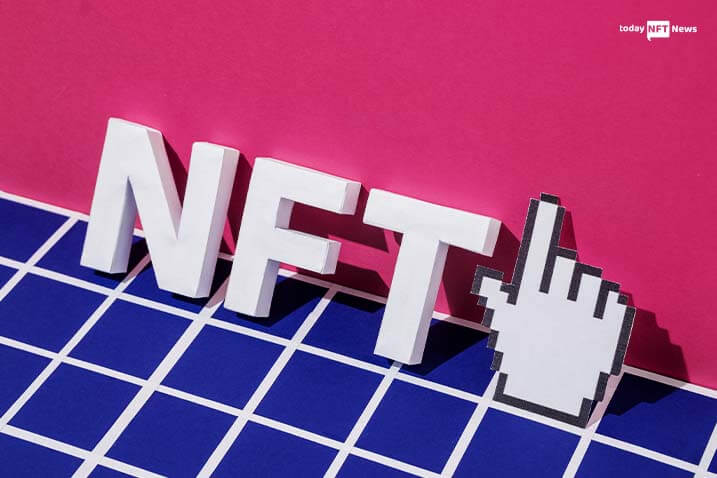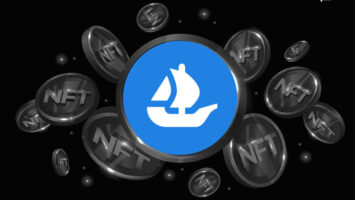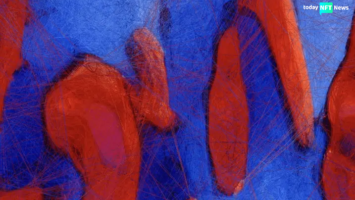SNEAK PEEK
- In a legal matter based on testing the way blockchain technology relates to rights of artists, a New York court has refused a lawsuit regarding Quantum, the world’s first NFT’s ownership.
- Quantum’s legal battle is part of an attempt towards defining rules of digital artworks’ ownership.
- Kevin McCoy who minted the NFT and Sotheby’s, the auction house, who sold it were sued by Free Holdings, a Canadian firm.
Last Friday, a federal court rejected a lawsuit that raised questions about the ownership rules of Quantum, an NFT sold by Sotheby’s for $1.47 million in 2021. The legal matter has now emerged as a part of extreme attempts to define digital artworks’ ownership rules.
Free Holdings, a Canadian firm, brought the complaint in 2022 against the auction house as well as Kevin McCoy, the artist who made the artwork in 2014, to display the ability of blockchain in terms of registering artworks over a digital ledger system. The artwork resembles something from a science-fiction movie, like an alien wormhole filled with neon colors.
The reason behind the argument is the blockchain system used by McCoy for the under question NFT, which needed him to periodically renew his ownership rights. However, he didn’t do so, which enabled Free Holdings to buy the registration as well as asset ownership over the work. As a result, the firm alleged both Sotheby’s and McCoy of defamation and commercial contempt.
A magistrate judge for the U.S. District Court for the Southern District of New York, James Cott, rejected the matter and wrote that Free Holdings didn’t succeed in establishing its claims regarding ownership and injury.
Judge Cott, in his dismissal, said that Free Holdings hasn’t represented anything besides trying to exploit open questions of ownership in the under progress NFT field to settle claims to a legal artist’s profits.
McCoy’s attorney, William Charron, said in an email that he thought the judge’s decision would clear up the confusion that’s going on in the market. He added that the victory signifies that blockchain protects the rights of artists.
The auction house’s spokesperson, Derek Parsons, said that the dismissal of the case represents full proof of the position held by Sotheby’s. Adding on, he said that they are happy with the victory and its major effect for both digital artists and marketplaces.
Moish Peltz, who argued on Free Holdings’ behalf, said that the legal team of the firm is assessing its options. Moreover, he refused to identify the owners of the corporation, who are anonymous.
The bull market that’s behind the bidding war that led to such a high auction price for the Quantum NFT is no longer available. Also, the broader market for non-fungible tokens has undergone a 97% drop in sales. However, none of these has prevented the industry from making profits, nor have they demotivated creators from using non-fungible tokens as ownership records for their digital artwork.
Some legal experts believe that the Quantum decision will empower digital artists.
Nelson Rosario, an intellectual property lawyer in Chicago, who is also unaffiliated with the McCoy case, said that it is a sign of challenges that seem to be coming from the NFT industry. He added that an artist must understand the way of making the ownership rules clear; thus, allowing a federal judge to identify them during a dispute.









